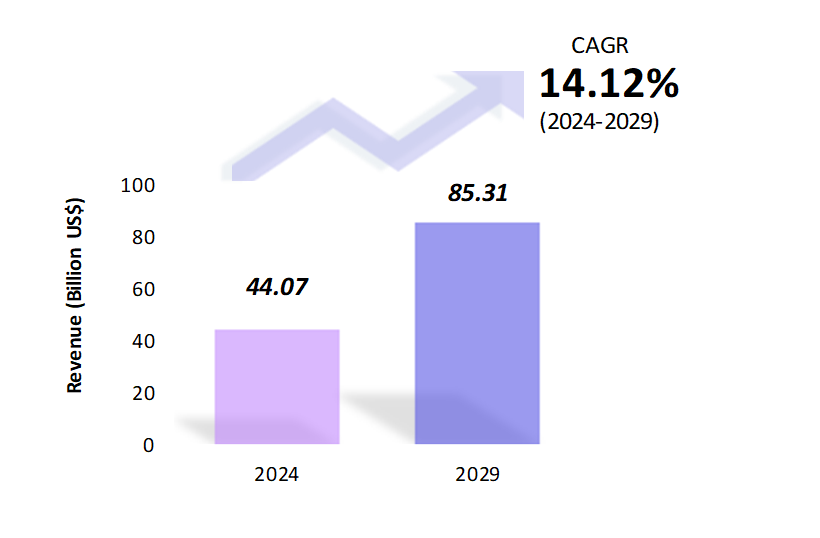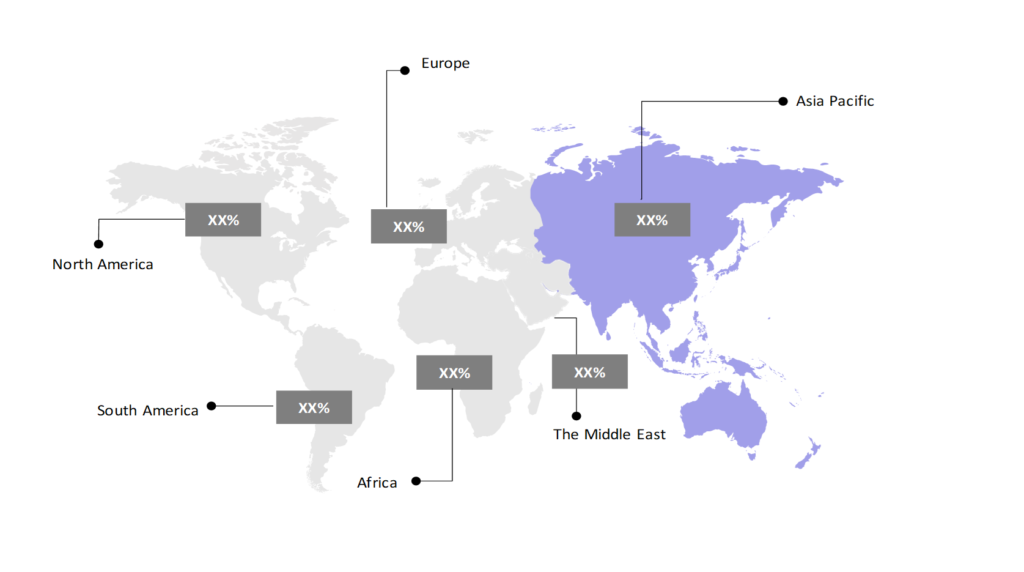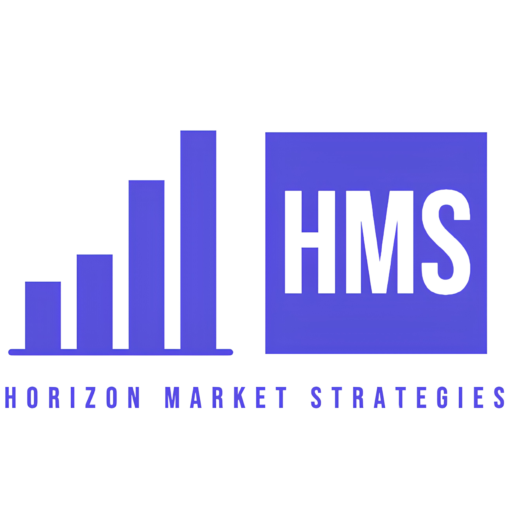Takaful Insurance Market Insights: Size, Share, Growth Analysis & Forecast (2024-2029)
The report covers a comprehensive analysis segmented by Type (Family Takaful, General Takaful, Others), by Application (Personal, Commercial, Others), by Distribution Channel (Agents and Brokers, Banks, Direct Response, Others), by End-user (Individuals, Families, Investors, Microfinance Customers, Others), by Geography (North America, South America, Asia Pacific, Europe, the Middle East, Africa).
Takaful Insurance Market Snapshot

Takaful Insurance Market Overview
The global takaful insurance market is estimated to be at $44.07 Bn in 2024 and is anticipated to reach $85.31 Bn in 2029. The global takaful insurance market is registering a CAGR of 14.12% during the forecast period 2024-2029.
Takaful insurance, often called Islamic insurance, operates on mutual assistance and cooperation principles. It adheres to Islamic Shariah laws, which prohibit the charging of interest and investing in certain industries such as alcohol, gambling, and pork. The Takaful insurance market has witnessed steady growth over the past decade, driven by increasing awareness among Muslims regarding the importance of shariah-compliant financial products. The global takaful market has expanded in Muslim-majority countries and non-Muslim-majority regions where demand for ethical financial products is rising. Takaful insurance offers a wide range of products similar to conventional insurance, including life, health, property, and motor insurance. However, the structure of takaful products differs, with contributions from policyholders pooled together to create a fund from which claims are paid. Surplus funds are distributed among participants per Islamic principles. The regulatory frameworks governing takaful insurance vary across different jurisdictions. Several countries have established regulatory bodies specifically to oversee the Takaful industry, ensuring compliance with Shariah principles and consumer protection standards. Despite its growth, the Takaful industry faces challenges such as inconsistent Shariah governance standards, operational inefficiencies, and limited consumer awareness.
Takaful Insurance Market Coverage
| Historical & Forecast Period | 2018-2029 |
| Base Year | 2023 |
| Forecast Period | 2024-2029 |
| Units | Billion US$ |
| Segments | Type, Application, Distribution Channel, End-user |
| Geographies | North America, South America, Asia Pacific, Europe, The Middle East, Africa |
| Key Vendors | Abu Dhabi National Takaful Co. PSC, The Islamic Insurance Co., SALAMA Islamic Arab Insurance Co., Takaful International Co. B.S.C., Syarikat Takaful Malaysia Keluarga Berhad Co. |
Key Geographies of Takaful Insurance Market, 2023

Porter’s 5 Forces Analysis of Takaful Insurance Market

Takaful Insurance Market Trends
Takaful companies diversify their product portfolios beyond traditional life and health insurance offerings to cater to changing consumer needs and preferences. Products such as education takaful, wealth accumulation takaful, and even micro-takaful are gaining popularity. For instance, Dubai Islamic Insurance and Reinsurance Company (AMAN), operating as Takaful AMAN, launched a unique product called “Family Shield Takaful Plan,” providing comprehensive protection for the whole family against various risks, including medical expenses, accidental death, and disability.
Takaful companies are increasingly integrating sustainability principles into their operations and investment strategies. Ethical investing, focusing on socially responsible projects and assets compliant with Sharia principles, is gaining traction. Like conventional insurance, takaful embraces digital technologies to enhance the customer experience, streamline operations, and offer innovative products. Mobile apps, online platforms, and digital payment solutions are becoming more common in Takaful operations. Takaful operators introduced artificial intelligence (AI) on their website and mobile app to provide instant customer support and assistance with policy inquiries and claims processing. This initiative improved customer satisfaction and reduced response times. Governments and regulatory bodies are crucial in promoting akaful by creating conducive regulatory environments and frameworks. This includes establishing Sharia supervisory boards, implementing Takaful-specific regulations, and providing tax incentives. The Central Bank of Bahrain introduced new regulations to enhance the governance and transparency of Takaful operators, ensuring compliance with Sharia principles and international standards. This move aimed to strengthen consumer confidence and attract foreign investment into Bahrain’s takaful industry. These trends indicate the evolving landscape of the takaful industry, driven by innovation, digitalization, regulatory support, and a growing demand for ethical and Sharia-compliant financial solutions.
Takaful Insurance Market Driving Factors
Takaful providers continually innovate to meet the evolving needs of customers. This includes developing new takaful products tailored to specific market segments, such as family takaful, health takaful, and investment-linked takaful. As more Muslims seek insurance options compliant with their religious beliefs, the demand for takaful products rises. The growth of Takaful depends on raising knowledge of it in both Muslim and non-Muslim communities. Education initiatives explaining the principles and benefits of Takaful help demystify misconceptions and expand its market reach.
Takaful promotes financial inclusion by offering insurance solutions to underserved populations, including those in rural areas and low-income communities. By providing accessible and affordable coverage, Takaful contributes to broader financial stability. Takaful contributes to economic growth by mobilizing savings for productive investments consistent with Islamic principles. As takaful funds are invested in Shariah-compliant ventures, they support economic activities that align with ethical and sustainable practices.
Many countries with significant Muslim populations have regulatory frameworks supportive of Islamic finance, including Takaful. Regulatory bodies recognize takaful as a legitimate form of insurance and often provide guidelines to ensure compliance with Shariah principles. For instance, the Malaysian government established the Takaful Act in 1984, laying the regulatory foundation for Takaful operations. This regulatory support has fostered a vibrant Takaful market, with both domestic and international players competing to capture market share. Embracing technology enables Takaful providers to enhance operational efficiency, improve customer experience, and develop innovative distribution channels. Digital platforms facilitate easier access to takaful products and services, particularly in regions with limited physical infrastructure. Partnerships with traditional insurers or financial institutions, in addition to cooperation between Takaful operators, can help increase market penetration and diversify product offerings. Takaful is appealing to people and companies looking for insurance solutions that are consistent with moral and religious principles. The transparency and fairness embedded in takaful contracts attracts customers who prioritize ethical financial practices.
Takaful Insurance Market Challenges
Takaful insurance faces a set of unique challenges due to its adherence to Sharia principles and its distinctive operational model. Ensuring that all operations and investments comply with Sharia principles is a fundamental challenge. For instance, structuring investments to avoid interest (Riba), uncertainty (Gharar), and gambling (Maysir) requires specialized expertise. Many potential customers may not fully understand the concept of Takaful insurance, or its benefits compared to conventional insurance. Educating the market about the principles of takaful and its advantages is crucial for its growth.
Regulatory frameworks for Takaful vary across different jurisdictions. Adapting to and complying with diverse regulatory requirements can be challenging, particularly in regions where takaful is a relatively new concept. Designing takaful products that meet the needs of diverse customer segments while remaining compliant with Sharia principles requires innovation and flexibility. It is a constant challenge to create attractive, competitive products without sacrificing religious convictions.
Every insurance company must have effective risk management to remain in business. Because of the profit-sharing and mutual support components of their business model, takaful operators have particular risk management issues. It is imperative to efficiently manage risks while guaranteeing a fair distribution of revenues among stakeholders. Sharia-compliant investment principles impose certain restrictions on the types of investments that takaful operators can engage in. Takaful companies are prohibited from engaging in any interest-based transactions. They are therefore unable to make investments in traditional interest-bearing securities like bonds. It is necessary to invest in halal, or permissible, assets. This includes stock in businesses whose operations adhere to Shariah law, such as those that don’t deal in gambling, alcohol, pork products, or specific forms of entertainment. In comparison to traditional insurers, this can restrict investment options, which could have an effect on profitability and investment returns. Takaful operators often compete with conventional insurers with greater resources and market presence. Strategic differentiation and good marketing are necessary to stand out in a crowded market while upholding Sharia law.
Takaful Insurance Market – Key Industry News
- In April 2024, Akij Takaful Life Insurance PLC and City Bank PLC established a pioneering Bancassurance Partnership, marking a significant milestone in the evolution of both the insurance and banking industries.
- In June 2023, Dubai Islamic Insurance and Reinsurance (AMAN) announced its plan to transfer its individual life takaful portfolio to Abu Dhabi National Takaful Company (ADNTC) for approximately 10.21 million USD (37.5 million UAE dirhams).
Takaful Insurance Market Competitive Landscape
The global takaful insurance industry participants are always developing strategies to preserve a competitive advantage. The market for takaful insurance is competitive and is made up of mutual insurance cooperatives that follow Islamic principles, subsidiaries of traditional insurance companies that sell products that comply with Shariah, and specialized takaful operators. The Takaful insurance market features a diverse and competitive landscape with several key players striving for dominance. Abu Dhabi National Takaful Co. PSC, for instance, offers impressive financial results and creative product options. The company’s growth has been steady, and it has improved its market position by using its experience to serve both corporate and individual clients.
The Islamic Insurance Co., based in Jordan, is renowned for its extensive range of Sharia-compliant insurance products. The company has built reputation for its commitment to customer satisfaction and adherence to Islamic principles, making it a trusted name in the region. SALAMA Islamic Arab Insurance Co., one of the major and oldest Takaful companies globally, offers a wide variety of Takaful solutions. The company’s strong distribution network and comprehensive service offerings have enabled it to maintain a significant market share across various regions, including the Middle East and North Africa.
Another significant player is Takaful International Co. B.S.C., which has its headquarters in Bahrain and is well-known for offering a wide range of Takaful products. The company’s competitive advantage in the industry has been largely fueled by its focus on technology developments and strategic relationships. One of the main companies in the Malaysian takaful market is Syarikat Takaful Malaysia Keluarga Berhad Co., which is situated in Malaysia. The company has established itself as a progressive player in the market because to its creative approach, especially in incorporating digital technologies into its service offerings. Overall, these companies exemplify the competitive dynamics of the Takaful insurance market, each contributing to its growth and evolution through unique strengths and strategic initiatives. The companies primarily use acquisitions, R&D, partnerships, and technological launches. Several important entities in the takaful insurance market include Abu Dhabi National Takaful Co. PSC, The Islamic Insurance Co., SALAMA Islamic Arab Insurance Co., Takaful International Co. B.S.C., Syarikat Takaful Malaysia Keluarga Berhad Co., and others.
Takaful Insurance Market Company Share Analysis, 2023 (%)

Takaful Insurance Market – Key Companies

Reason to Buy from us

Table of Contents
| 1. Introduction |
|---|
| 1.1. Research Methodology |
| 1.2. Scope of the Study |
| 2. Market Overview / Executive Summary |
| 2.1. Global Takaful Insurance Market (2018 – 2022) |
| 2.2. Global Takaful Insurance Market (2023 – 2029) |
| 3. Market Segmentation |
| 3.1. Global Takaful Insurance Market by Type |
| 3.1.1. Family Takaful |
| 3.1.2. General Takaful |
| 3.1.3. Others |
| 3.2. Global Takaful Insurance Market by Application |
| 3.2.1. Personal |
| 3.2.2. Commercial |
| 3.2.3. Others |
| 3.3. Global Takaful Insurance Market by Distribution Channel |
| 3.3.1. Agents and Brokers |
| 3.3.2. Banks |
| 3.3.3. Direct Response |
| 3.3.4. Others |
| 3.4. Global Takaful Insurance Market by End-user |
| 3.4.1. Individuals |
| 3.4.2. Families |
| 3.4.3. Investors |
| 3.4.4. Microfinance Customers |
| 3.4.5. Others |
| 4. Regional Segmentation |
| 4.1. North America |
| 4.1.1. The U.S |
| 4.1.2. Canada |
| 4.1.3. Mexico |
| 4.2. South America |
| 4.2.1. Brazil |
| 4.2.2. Argentina |
| 4.2.3. Colombia |
| 4.2.4. Chile |
| 4.2.5. Rest of South America |
| 4.3. Asia Pacific |
| 4.3.1. China |
| 4.3.2. India |
| 4.3.3. Japan |
| 4.3.4. South Korea |
| 4.3.5. Rest of Asia Pacific |
| 4.4. Europe |
| 4.4.1. UK |
| 4.4.2. Germany |
| 4.4.3. Italy |
| 4.4.4. France |
| 4.4.5. Spain |
| 4.4.6. Rest of Europe |
| 4.5. The Middle East |
| 4.5.1. Turkey |
| 4.5.2. UAE |
| 4.5.3. Saudi Arabia |
| 4.5.4. Rest of the Middle East |
| 4.6. Africa |
| 4.6.1. Egypt |
| 4.6.2. South Africa |
| 4.6.3. Rest of Africa |
| 5. Value Chain Analysis of the Global Takaful Insurance Market |
| 6. Porter Five Forces Analysis |
| 6.1. Threats of New Entrants |
| 6.2. Threats of Substitutes |
| 6.3. Bargaining Power of Buyers |
| 6.4. Bargaining Power of Suppliers |
| 6.5. Competition in the Industry |
| 7. Trends, Drivers and Challenges Analysis |
| 7.1. Market Trends |
| 7.1.1. Market Trend 1 |
| 7.1.2. Market Trend 2 |
| 7.1.3. Market Trend 3 |
| 7.2. Market Drivers |
| 7.2.1. Market Driver 1 |
| 7.2.2. Market Driver 2 |
| 7.2.3. Market Driver 3 |
| 7.3. Market Challenges |
| 7.3.1. Market Challenge 1 |
| 7.3.2. Market Challenge 2 |
| 7.3.3. Market Challenge 3 |
| 8. Regulatory Landscape |
| 9. Competitive Landscape |
| 9.1. Abu Dhabi National Takaful Co |
| 9.2. The Islamic Insurance Co. |
| 9.3. SALAMA Islamic Arab Insurance Co. |
| 9.4. Takaful International Co |
| 9.5. Syarikat Takaful Malaysia Keluarga Berhad Co. |
| 9.6. Company 6 |
| 9.7. Company 7 |
| 9.8. Company 8 |
| 9.9. Company 9 |
| 9.10. Company 10 |
Takaful Insurance Market – Frequently Asked Questions (FAQs)
What is the current size of the global takaful insurance market?
The market size for the global takaful insurance market in 2024 is $44.07 Bn.
Who are the major vendors in the global takaful insurance market?
The major vendors in the global takaful insurance market are Abu Dhabi National Takaful Co. PSC, The Islamic Insurance Co., SALAMA Islamic Arab Insurance Co., Takaful International Co. B.S.C., Syarikat Takaful Malaysia Keluarga Berhad Co.
Which segments are covered under the global takaful insurance market segments analysis?
This report offers in-depth insights into each type, application, distribution channel, and end-user.
